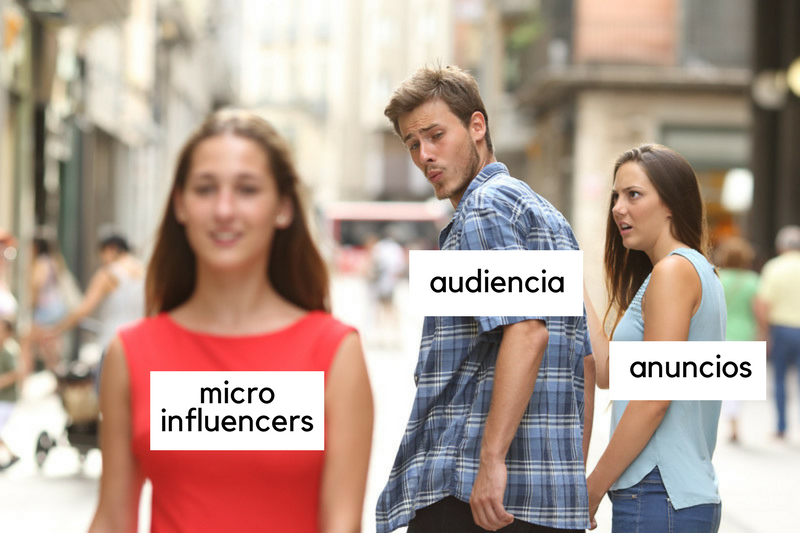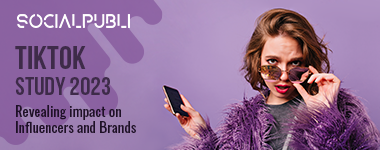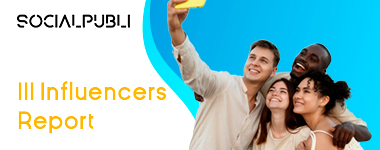Collaborative intelligence developed in the digital environment, without any physical limitations and giving everyone a voice. Users act autonomously, contributing their ideas and individual experiences in order to create something or solve a problem.
Wikipedia was the start of this, although with certain differences. In their case, it could be called collective intelligence because although the results are the fruit of the sum of individual minds, the users are not particularly involved and don’t interact with each other.
It’s a perfect example of when we each bring our own little grain of sand, no matter how small, great things can happen. As Pablo Freire said, “nobody knows everything, but we all know something”.
The “magic” of the internet arises from seeing the results of this exchange and union of knowledge among users. It’s true that they may not all be that important, like memes, but we have to admit they are entertaining.
Examples of Collaborative Intelligence

The application Waze exploits the concept of collaborative intelligence. It is a collaborative GPS based on traffic information supplied by users. The users share information in the cloud about traffic jams, accidents, ice on the road.…. And Waze learns from your trips, so that it can advise you about the best route to take in real time.
It’s on platforms of this type where another concept comes in: the collaborative economy. In this case, we get in contact other individual users in search of products and services. EBay began this trend and now it’s become part of other platforms like AirBNB, Wallapop, BlaBlaCar or Uber. You get the idea, right?
Even TripAdvisor is based on this. In an era of advertising everywhere, we no longer know who to trust. Therefore, the opinions of other users and the people around us have a significant influence in our decisions. The same thing happens with microinfluencers. They don’t have as many followers as Shakira or Antonio Banderas, but their level of interaction and credibility is very high. Add these levels together and you can find yourself with a campaign which is very successful.
But be careful, because we can also get this wrong and it can end up being Collaborative Stupidity. This is what happened with Reddit in 2013, with the attack during the Boston Marathon. The police asked for photographs of the race before the attack in order to gather evidence and Reddit jumped in to help. The problem is that their users analyzed the content and incorrectly identified the suspects. These rushed conclusions ended up in the news and blamed innocent people. We are stronger together, but be careful.












